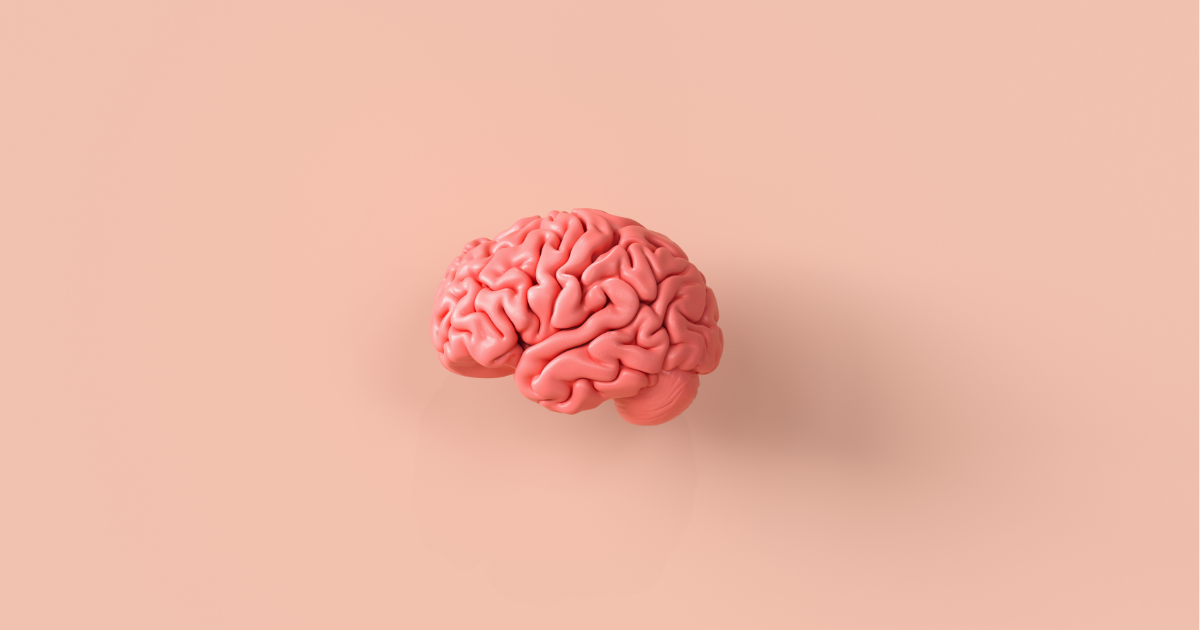
The Intricate Dance
Unravelling the Links Between Mental Health and Physical Wellbeing
The Mind-Body Connection
Our understanding of health has evolved beyond the conventional separation of the mind and body. Emerging research continually underscores the interconnectedness of mental and physical wellbeing, emphasising that one significantly influences the other. Let's explore the profound links between mental health and physical wellness.
Mental Health's Impact on Physical Wellbeing
1. Immune System Harmony:
The intricate relationship between mental health and the immune system is a cornerstone of holistic wellbeing. Chronic stress, anxiety, and depression can contribute to an overactive immune response, increasing inflammation and the risk of various physical health issues, including cardiovascular diseases and autoimmune disorders.
2. Influence on Chronic Conditions:
Mental health plays a pivotal role in the development and management of chronic physical conditions. Individuals with mental health disorders may be more susceptible to conditions such as diabetes, hypertension, and obesity, highlighting the intricate dance between mental and physical health.
3. The Weight of Emotional Health:
Emotional wellbeing significantly influences lifestyle choices, including diet and exercise. Poor mental health can contribute to unhealthy habits such as overeating or neglecting physical activity, leading to weight gain and associated health issues.
4. Sleep's Vital Role:
Mental health directly impacts sleep quality. Conditions like anxiety and depression can disrupt sleep patterns, contributing to a cascade of physical health issues, including weakened immune function, impaired cognitive performance, and an increased risk of chronic diseases.
5. Pain Perception and Sensitivity:
Mental health affects how we perceive and manage pain. Conditions like depression can amplify the sensation of pain, while chronic pain conditions can contribute to the development of mental health issues. Addressing mental health can positively influence pain management and overall physical comfort.
Physical Wellbeing's Influence on Mental Health
1. Exercise as a Mood Booster:
Physical activity isn't just about sculpting the body; it's a potent mood booster. Exercise releases endorphins, the body's natural feel-good chemicals, which can alleviate symptoms of anxiety and depression. Regular physical activity has been linked to improved mental resilience and reduced stress levels.
2. Nutrition and Brain Health:
The food we consume has a profound impact on brain function. Nutrient-rich diets support optimal cognitive performance and emotional wellbeing. Conversely, poor nutrition can contribute to mental health issues, including mood swings and cognitive decline.
3. Sleep's Ripple Effect:
Just as mental health influences sleep, the quality of sleep reciprocally affects mental wellbeing. Consistent, restful sleep is essential for emotional regulation, stress resilience, and overall mental clarity.
4. Hormonal Harmony:
Physical activity contributes to hormonal balance, influencing neurotransmitters that regulate mood. Additionally, balanced hormones play a crucial role in mental health, with imbalances potentially contributing to conditions like anxiety and depression.
5. Heart-Brain Connection:
Cardiovascular health is intimately linked to cognitive function. Conditions that compromise heart health, such as hypertension and atherosclerosis, can impact blood flow to the brain, potentially contributing to cognitive decline and mental health issues.
Practical Steps for Holistic Wellbeing
Understanding the intricate dance between mental and physical health is empowering, as it allows individuals to take proactive steps toward holistic wellbeing. Here are practical steps you can incorporate into your lifestyle to nurture both aspects of your health:
1. Mindful Movement:
Engage in regular physical activity that you enjoy. Whether it's a brisk walk, yoga, or dancing, find an activity that brings you joy. This not only promotes physical fitness but also supports mental wellbeing.
2. Balanced Nutrition:
Prioritise a nutrient-rich diet that includes a variety of fruits, vegetables, whole grains, and lean proteins. The foods you choose impact both your physical and mental health, so fuel your body and mind with the nutrients they need.
3. Stress Management:
Incorporate stress-reducing practices into your routine, such as mindfulness meditation, deep breathing exercises, or engaging in hobbies you love. Chronic stress can have far-reaching effects on both mental and physical health.
4. Quality Sleep:
Establish a consistent sleep routine to ensure restful and rejuvenating sleep. Create a calming bedtime ritual, limit screen time before bed, and create a comfortable sleep environment.
5. Social Connections:
Cultivate meaningful social connections. Human relationships are integral to mental health, providing support, companionship, and a sense of belonging.
6. Seek Professional Support:
If you're experiencing mental health challenges, don't hesitate to seek professional support. Mental health professionals can provide guidance, therapy, and interventions to support your emotional wellbeing.
7. Regular Health Check-ups:
Prioritise regular health check-ups to monitor and address any physical health concerns. Keeping both your mental and physical health in check is a proactive approach to overall wellbeing.
The Road to Holistic Wellbeing
In conclusion, the intricate links between mental health and physical wellbeing underscore the importance of adopting a holistic approach to health. Recognising the reciprocal influences between the mind and body allows for a more nuanced understanding of health and opens avenues for comprehensive, integrative care.
As you embark on your journey toward holistic wellbeing, remember that small, consistent steps can lead to significant improvements in both your mental and physical health. Whether it's a mindful walk in nature, nourishing your body with wholesome foods, or seeking support when needed, each choice contributes to the delicate dance of holistic wellbeing. Embrace the interconnectedness of your mind and body, and empower yourself to cultivate a life of vitality, resilience, and fulfilment.